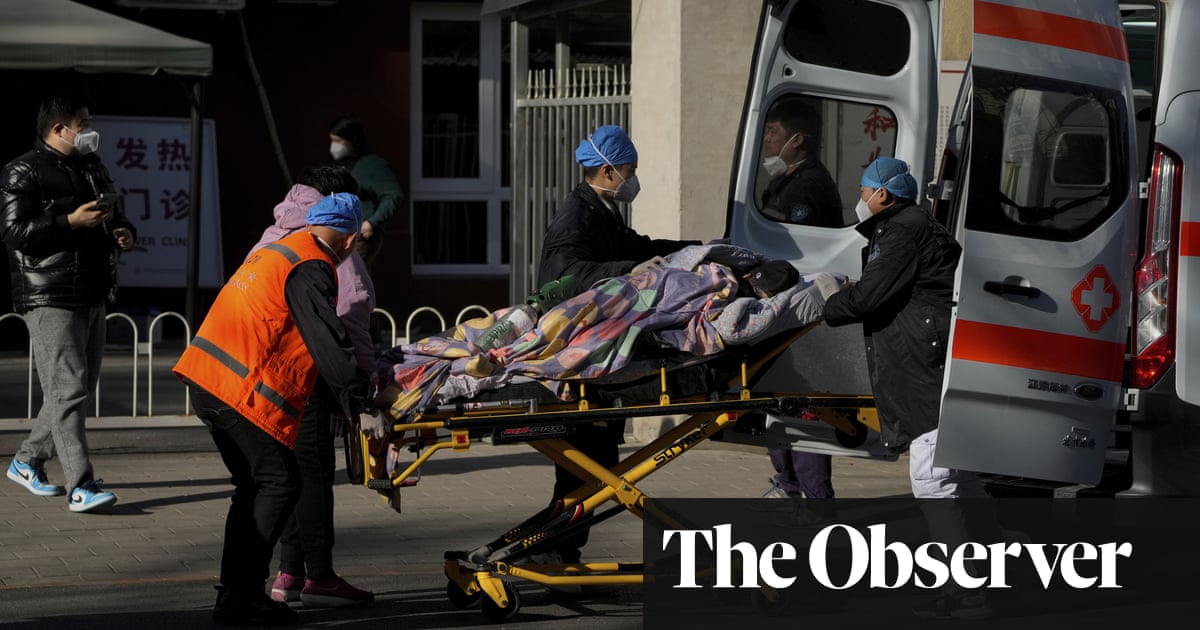
Five under-18s have died of Covid-19 in the UK during the pandemic, but most who have needed intensive care have survived, the first study of the subject has found.
In all, 71 children ranging from one to 17 have been treated in a paediatric intensive care unit (PICU) since March after being seriously affected by the disease, an audit of all the country’s hospitals found.
Five died – the report does not name them – and 63 have recovered enough to be discharged either to a different care setting or home. Three remain in intensive care.
The 71 children – 43 boys and 28 girls – had a median age of nine. The gender split reflects the same pattern of disproportionate impact on males already seen in adults who have needed intensive care because of Covid-19.
Forty-one (58%) of the children were admitted to hospital with serious breathing problems, including asthma and pneumonia. Nine had a hormonal or metabolic health problem, such as diabetes, often related to a congenital condition, and eight had heart problems.
Of the 71, 44 needed mechanical ventilation to save their life, according to the findings by the Paediatric Intensive Care Audit Network (PICANet). Fewer than five had kidney dialysis.
Liz Draper, the study’s co-principal investigator and a professor of paediatric care at the University of Leicester, said: “It’s positive that the rate of Covid-19 in children is fairly low. While this infection is very severe, it’s relatively rare in children.
“It’s a very small proportion of children who get Covid-19 severely enough to need intensive care. Compared to adults, only small numbers of children get severe Covid-19. That should be reassuring for parents.”
The findings show that the disease disproportionately affects under-18s from black, Asian and minority ethnic backgrounds, as it does BAME adults. Twenty-one (30%) of the 71 were white, but 16 were of Asian heritage, and 10 of black origin. The others were counted as other or unknown.
“Given the geographical distribution of admissions, with the majority being cared for in London PICUs, and other units within major conurbations with large BAME populations, and the relatively small numbers of children affected, it is impossible to confirm whether or not certain ethnic groups of children are at greater risk of severe Covid-19 illness in the way that has been described in adults,” added Draper.
Prof Russell Viner, president of the Royal College of Paediatrics and Child Health, said: “These findings are in line with evidence from around the world that children are very unlikely to become unwell with Covid-19. In the rare cases where children are admitted with a Covid-positive swab, most will recover. This should be very reassuring to parents, many of whom were understandably very concerned in the initial days and weeks.
“While children appear to be protected from the clinical effects of the virus, the social effects have been unprecedented. Nearly every child in the country has felt these effects through absence from school and a long period of isolation. We also need to understand why the effects of Covid-19 have hit BAME communities harder.
“As we emerge from the first phase of the pandemic, we must prioritise children and young people. This means getting them back to school in September and supporting them to reconnect socially and with services, should they need them.”












